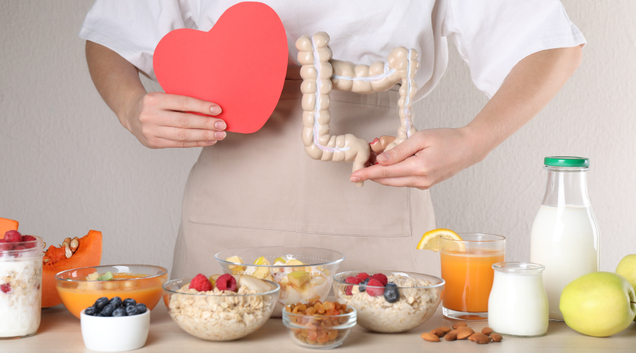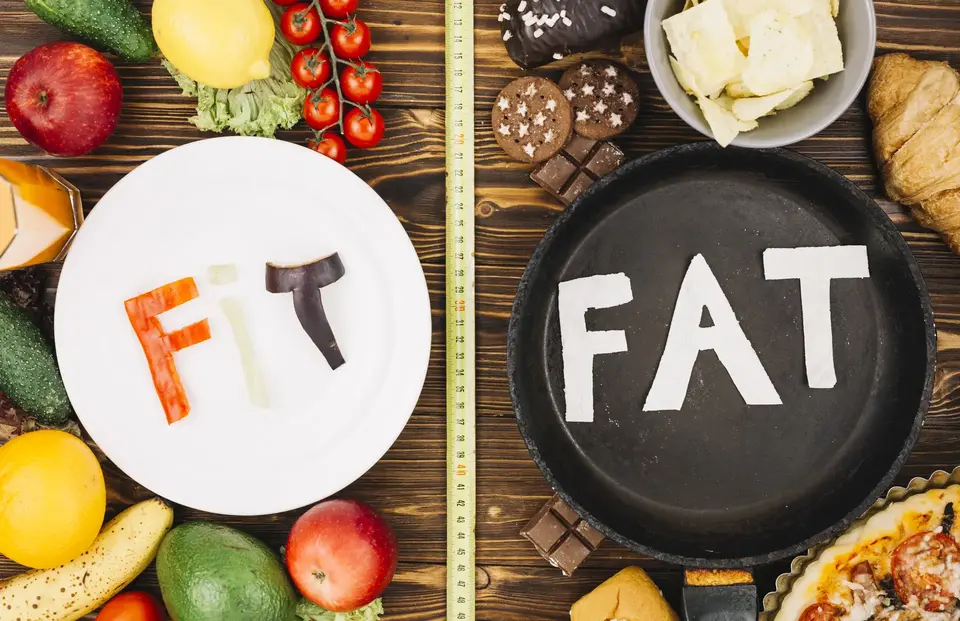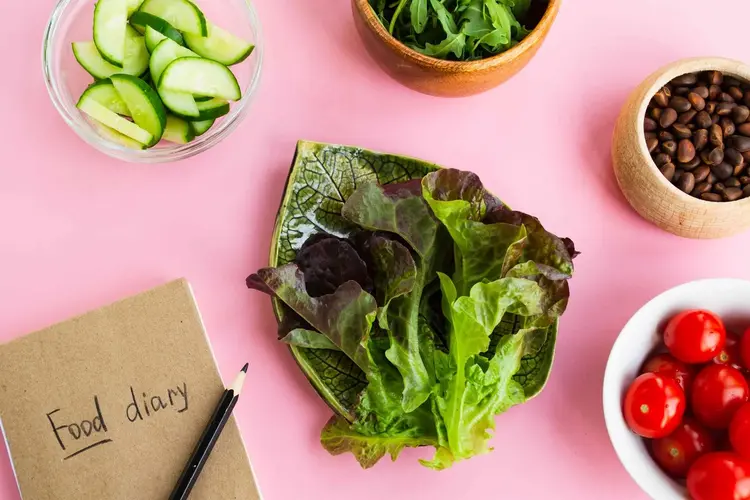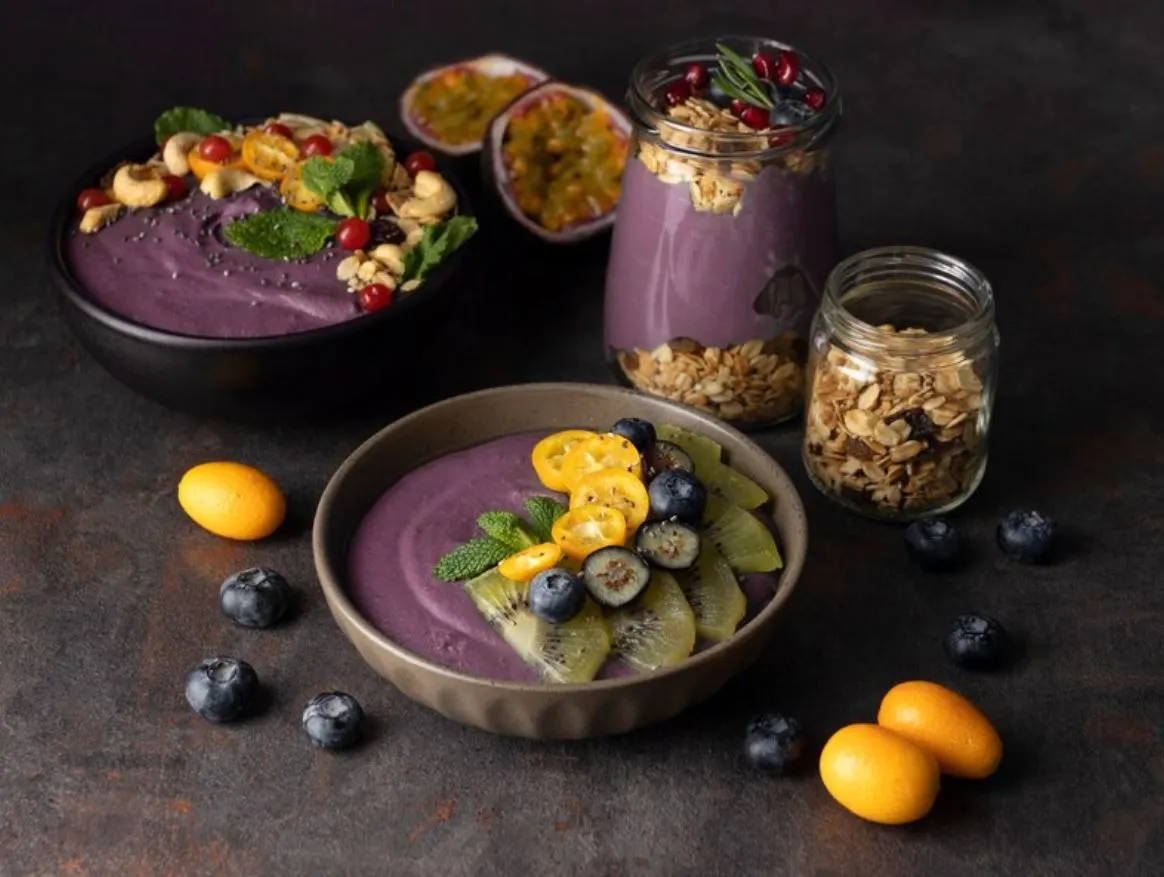Tummy Troubles? Taming the Tempest with Easy-to-Digest Champions
Summer’s a vibrant tapestry woven with sunshine, barbecues, and delicious indulgences. But sometimes, those culinary adventures can leave us feeling less than stellar – enter the dreaded indigestion! Anyone who’s ever battled food poisoning knows the comforting power of a simple cracker to quell the rebellion in their gut. Understanding what makes food easy to digest becomes a superpower, especially when your stomach feels like it’s declaring war.
The Digestion Dance: Why Gentleness Matters
Digestion is a complex choreography requiring both physical and chemical energy. Chewing breaks down food mechanically, while stomach acid and enzymes in the small intestine work their chemical magic. However, when you’re feeling under the weather or experiencing digestive woes like diarrhea, giving your digestive system a break can be a game-changer. Easy-to-digest foods require less effort, allowing your body to focus on healing and feeling its best.
The All-Star Lineup: Food Groups for a Peaceful Gut
Here’s your cheat sheet to a more comfortable gut, packed with delicious and gentle options:
1. The Refined Renegades (A Temporary Truce with Fiber)
We all know fiber is a dietary hero, promoting gut health and aiding digestion in the long term. However, during digestive distress, a temporary ceasefire with high-fiber foods might be necessary. Whole grains, with their abundant fiber content, can irritate a sensitive gut. White bread, rice, and pasta – often demonized for their lack of fiber – become heroes in this scenario. Their refined nature makes them smooth sailing for your digestive system. While not a long-term solution, they offer a temporary respite.
2. Fruity Friends (Choose Wisely)
Not all fruits are created equal when it comes to digestion. While a crisp apple might be a daily habit, its high fiber content, particularly in the peel, can be a challenge for a troubled tummy. Bananas, with their easily digestible carbohydrates and electrolytes like potassium, offer a gentler alternative. Melons, with their high water content, are also hydrating and provide some natural sugars for energy. Peeled apples and pears offer a compromise, allowing you to enjoy some of the fruit’s vitamins and minerals while minimizing the fiber content. For an extra soothing option, consider stewed fruits or canned fruits packed in water (skip the sugary syrups!). Cooking softens the fruit’s cell walls, making them even easier to digest.
3. Veggie Victory (Embrace the Power of Cooking)
Just like fruits, raw vegetables can be a bit rough on the digestive system. The magic of cooking softens those tough plant cell walls, making them easier to break down and gentler on your gut. Think steamed or roasted zucchini, rich in vitamins and minerals like manganese and vitamin C. Spinach, a powerhouse of iron and folate, is another excellent choice when cooked. Potatoes (minus the skin), a good source of potassium and vitamin C, are easily digestible when cooked. Green beans, with their heart-healthy benefits, are another excellent option. Beets, a source of antioxidants and nitrates, and carrots, rich in beta-carotene for healthy vision, can also be enjoyed when cooked.
4. Protein Powerhouses (The Gentle Kind)
Protein is crucial for overall health, building and repairing tissues, and keeping you feeling satiated. But fatty or chewy cuts of meat can be a burden on your digestive system. Scrambled eggs, a complete protein source rich in choline and B vitamins, are easily digestible. Lean ground meats, like turkey or chicken breast, provide protein without the added fat of tougher cuts. Smooth nut butters, like almond or peanut butter, offer a concentrated source of protein and healthy fats in a creamy, easy-to-digest form. Soft tofu, a plant-based protein source, can be incorporated into soups, mashed, or scrambled for a gentle protein option.
5. Soups, Smoothies & Purees: The Texture Champions
The way you prepare your food can significantly impact its digestibility. Blending doesn’t change the fiber content, but it reduces the size of food particles, making them easier to process. Think of the difference between raw kale and a creamy kale soup – texture matters! Smoothies made with berries (seeds and all) won’t magically remove the fiber, but blending helps kickstart digestion and allows your body to absorb the nutrients more readily. Soups and purees offer a similar benefit, making vegetables and other ingredients easier to digest.
Knowing Your Foes: Foods to Avoid During Digestive Distress
While the all-star list offers a haven for your gut, there are some villains lurking out there. These foods can exacerbate digestive issues, so it’s best to give them a miss until you’re feeling shipshape again:
1. The High-Fiber Renegades (Give Them a Break)
Raw vegetables like broccoli, cauliflower, and artichokes are high in fiber and can be tough to digest, especially when your stomach isn’t happy. The same goes for legumes (beans, lentils, chickpeas), whole nuts and seeds, and popcorn. While these foods offer tremendous nutritional benefits in the long run, their high fiber content can irritate a sensitive gut.
2. The Spice It Up Culprits (Hold the Heat)
Spicy foods can irritate the digestive tract, triggering heartburn or inflammation. Hold the hot sauce during a flare-up and opt for milder seasonings like herbs or lemon juice. Acidic foods like citrus fruits and tomato-based products can also be problematic for some individuals experiencing digestive issues.
3. The Greasy Gang (Save Them for Later)
Fatty and fried foods put a strain on your entire digestive system. The high fat content slows down digestion and can lead to discomfort. Processed meats and sugary treats are best left for another day. Processed meats often contain high levels of sodium and nitrates, while sugary treats can contribute to inflammation and worsen digestive issues.
Who Needs Easy-Digestion Champions?
There are several reasons why easy-to-digest foods might become your new best friends:
1. Post-Surgery Support (Gentle Healing)
Following abdominal surgeries, doctors often recommend a step-down diet starting with clear liquids and progressing to easy-to-digest foods to promote healing and minimize stress on the digestive system. These gentle foods allow the body to focus on recovery without expending extra energy on digestion.
2. Soothing GI Distress (A Calming Presence)
Bland, easy-to-digest foods can be a lifesaver during bouts of nausea, vomiting, diarrhea, or gas. Think of them as a gentle reset button for your digestive system. The bland flavors and smooth textures minimize irritation and provide essential nutrients to help you feel better.
3. Medical Management
Individuals with certain medical conditions may benefit from incorporating easy-to-digest foods into their diet, either temporarily or as part of a long-term management plan.
These conditions include:
- Diverticulitis: Inflammation in the pouches of the colon. Easy-to-digest foods can help reduce inflammation and promote healing.
- Gastritis: Inflammation of the stomach lining. Bland foods can minimize irritation and allow the stomach lining to heal.
- Peptic Ulcer Disease: Open sores in the stomach lining or duodenum. Easy-to-digest foods put less stress on the stomach, aiding in ulcer healing.
- Gastroparesis: Delayed stomach emptying. Easily digestible foods move through the stomach more quickly, reducing discomfort.
- Gastroesophageal Reflux Disease (GERD): Chronic heartburn caused by stomach acid backing up into the esophagus. Bland foods can help minimize heartburn symptoms.
- Inflammatory Bowel Disease (IBD) Flares: Periods of worsened symptoms in Crohn’s disease or ulcerative colitis. Easy-to-digest foods can help reduce inflammation and discomfort.
- Cancers Requiring Radiation Therapy to the Pelvis or Lower Abdomen: Radiation treatment can irritate the digestive tract. Easy-to-digest foods can help minimize discomfort and promote healing.
Beyond Food: Lifestyle Habits for a Happy Gut
While diet plays a crucial role in gut health, other lifestyle habits can also contribute to a happy digestive system:
- Hydration is Key: Drinking plenty of water helps keep your digestive system functioning smoothly. Aim for eight glasses of water per day, adjusting based on your activity level and climate.
- Manage Stress: Chronic stress can wreak havoc on your digestive system. Practice relaxation techniques like yoga, meditation, or deep breathing to manage stress levels.
- Regular Exercise: Physical activity helps keep your digestive system moving. Aim for at least 30 minutes of moderate-intensity exercise most days of the week.
- Listen to Your Body: Pay attention to how different foods affect you. If a particular food consistently triggers digestive issues, it might be best to avoid it.
Conclusion: Taming the Tummy Tempest
Experiencing digestive troubles can be frustrating and uncomfortable. However, by understanding the principles of easy-to-digest foods and incorporating them into your diet strategically, you can take control and tame the tummy tempest. Remember, this isn’t about a complete dietary overhaul. It’s about giving your gut a break when it needs it most and creating a personalized approach that works for you.
When in Doubt, Consult a Doctor
If you experience persistent digestive issues, it’s crucial to consult a doctor or registered dietitian. They can help identify the underlying cause of your problems and create a personalized plan for long-term gut health. Don’t hesitate to seek professional guidance – after all, a happy gut is a key component of overall health and well-being.
Embrace the Power of Variety
While easy-to-digest foods can be a lifesaver during flare-ups, a balanced diet is essential for long-term gut health. Once you’re feeling better, gradually reintroduce a variety of nutritious foods into your diet. Remember, gut health is a journey, not a destination. By making informed choices and listening to your body, you can cultivate a happy and resilient digestive system that allows you to thrive.
Bonus Tip: The Power of Probiotics
Probiotics are live bacteria that offer various health benefits, including promoting gut health. While research is ongoing, some studies suggest that including probiotic-rich foods like yogurt (with live cultures) or fermented foods like kimchi or sauerkraut in your diet might contribute to a healthier gut microbiome.
With a little knowledge and a focus on gentle, nutritious foods, you can navigate digestive challenges and conquer tummy troubles. So, go forth, explore the world of easy-to-digest delights, and embrace a happier, healthier gut !




